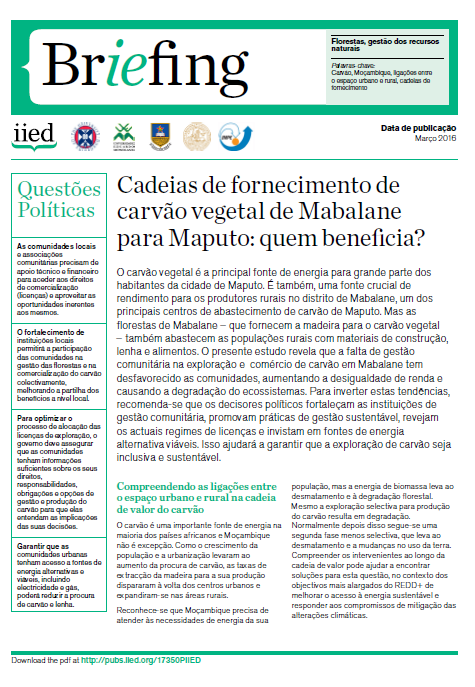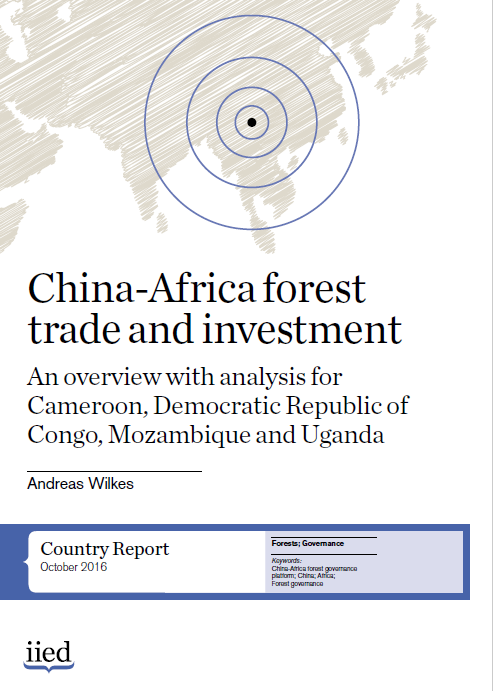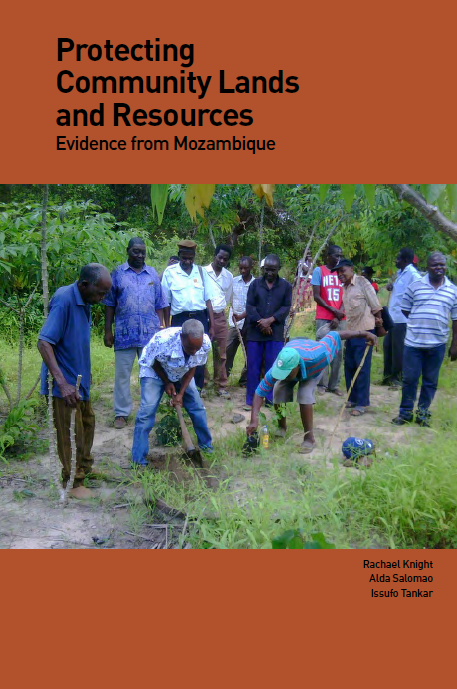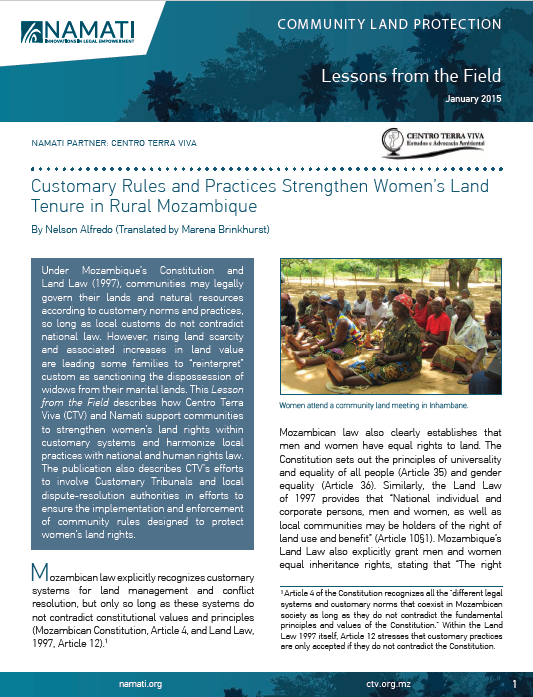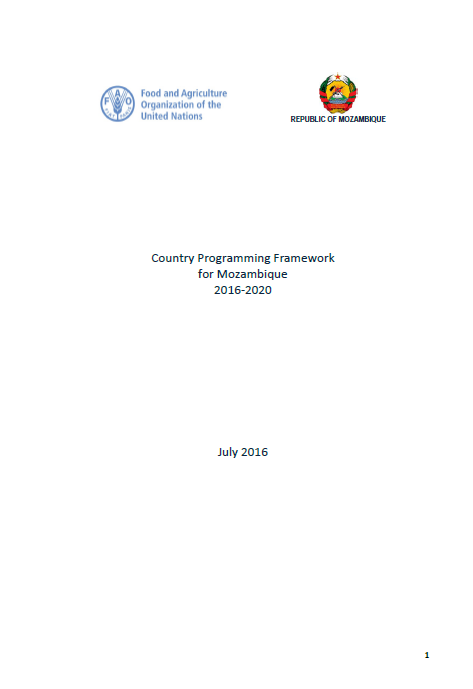Apoiando a agricultura sustentável em Moçambique
Em Moçambique há um forte apoio à agricultura sustentável: métodos como sistemas agroflorestais e agricultura de conservação são promovidos cada vez mais pelo Ministério da Agricultura, a sociedade civil, organizações de camponeses e agências de desenvolvimento. Resultados de investigações sugerem que essas práticas aumentam a produtividade, são mais resilientes e economicamente acessíveis. Apesar disso, a adoção pelos pequenos produtores permanece baixa.




